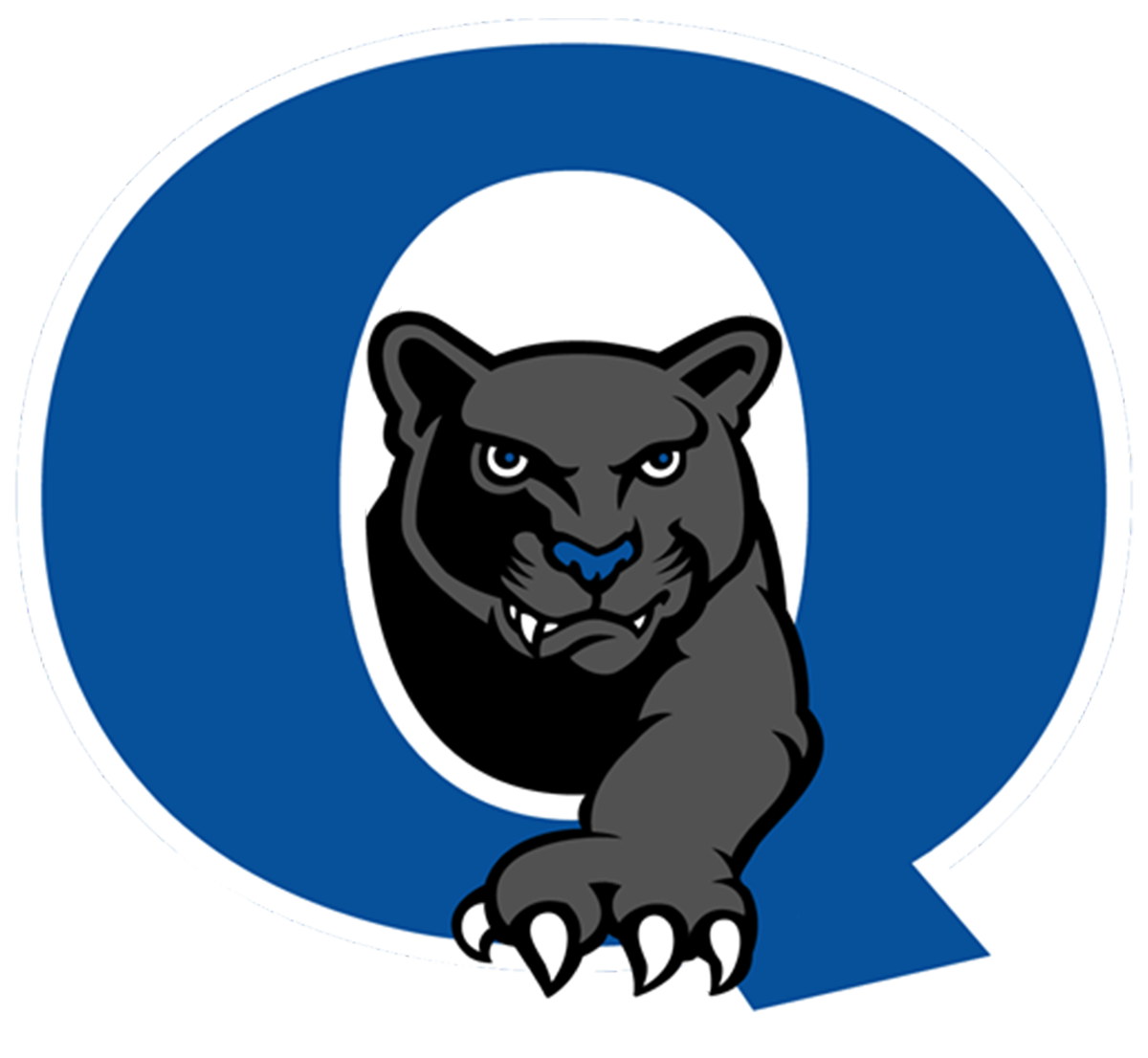Quakertown Community School District took its first step in embarking on a process that leverages research on a long-standing career methodology in which students’ interests drive their future and career exploration. Best practices learned from a process known as World of Work, this tailored approach to career development helps K-12 students find their place in their school community and in turn the working world.
Earlier in the school year, administrators, teachers and students met with education career development advisor Ed Hidalgo for an introduction to this innovative learning tool that will become part of the district-wide educational process in the fall of 2024. First launched in 2016 by Hidalgo, in partnership with researchers, educators and community partners, at the Cajon Valley Union School District in El Cajon, California, to help students discover their unique strengths, interests and values, building skills and aligning them to authentic experiences in the classroom in preparation for the working world. According to Hidalgo, the goal is to create a common language between students and all staff to encourage career curiosity and exploration, as research indicates that these types of conversations play an important role in the working world.
“Developing a common language of career between students and educators is important because research informs us that these conversations are essential to helping students make more informed choices about their future options,” said Hidalgo.
Grounded in career theory, the approach integrates the Holland typology, Realistic, Investigative, Artistic, Social, Enterprising, and Conventional (RIASEC), and its interest methodology into daily school life to empower students to learn and recognize their own interests. These codes were initially developed by American psychologist John L. Holland and stemmed from the approach he rooted in research showing that certain individuals thrive in various kinds of work environments based on who they are and their personality. By integrating this introspective practice and common language into daily school life, students learn about themselves and their peers on a deeper level and take advantage of their own distinctive character traits so that they can explore a career path that is paved with a vision of their future selves. “This is an agentic process where students own the path, out of curiosity, they explore based on an understanding of their interests. We don’t want to narrow options too quickly,” said Hidalgo.
Superintendent Dr. Matthew Friedman emphasized the importance of the process and its alignment with the district’s mission. “We want to foster a love of life-long learning and activate the motivation and persistence needed to develop the life-ready skills to meet the demands of academic and career journey,” said Dr. Friedman. “Too often in education we focus only on academic measures alone but know that activating intrinsic motivation of students is critical to ensuring each one understands there is a place in the world for them. Just because one student excels in physics, doesn't mean they will be happy with a life-long career in engineering. An important part of this journey is self-discovery so that the next generation of professionals are not only the very best at what they do, but they also thrive while doing it,” he said.
Part of the introductory process to the initiative began with conversations at a meeting in Nov. 2023 between students and faculty during which several students had the opportunity to learn about themselves and their interests through the language of the RIASEC.
Photo by Norton Gusky CC BY 4.0
Principals and administrators with the Quakertown Community School District participate in a professional development course focused on the RIASEC and career development centered process
Emma, a tenth-grade student, shared her not-so-typical interest in classic cars and restoration. As a realistic and artistic individual, she knows herself well and can express a vivid and specific example of a career path she is pursuing that is aligned with her interests and workplace values. She has interned at several auto body shops and has a ’77 Chevy Silverado truck she plans to restore. Cole, a ninth-grade student, is just beginning his journey by learning he is enterprising and realistic, with an interest in entrepreneurship and athletics.
This process of self-discovery will be supported and guided by teachers and counselors daily. It is important to create an environment where everyone’s skills have a unique place. From there, students work collaboratively, playing off each other’s interests as a collective whole, and ultimately gaining greater respect for each other and their differences.
By learning and then using their students' RIASEC traits, students become career-curious and active participants on the journey from academic to career success. This mind shift will be focused on students connecting their education with future careers instead of through academic reviews or traditional methods. By inviting students to develop a common language of career, where they have the agency and ownership over their preferred RIASEC letters, educators within the district can highlight occupational pathways and options to help them frame their thinking to align their greatest interests to the best academic and career options available to them under this guided journey, students as young as kindergarten can begin to see the future version of themselves and in turn have hope about finding their place in the world which they will inherit.
While in the early introductory stages, the K-12 program will also expose students to a wide-range of careers, providing opportunities to explore through hands-on learning, meeting with people who work in the field and eventually practicing skills related to each profession.
Trained teachers and administrators will continue to work in cohorts to build capacity internally until the program is officially launched district-wide.
“Together, we can all build a common language of self and career, a life process that is vital to our community and personal well-being,” said Superintendent Friedman. “For that reason, we are starting this initiative, to make our most prized resource - our students - be the first to help us expand our thinking on future readiness.”

